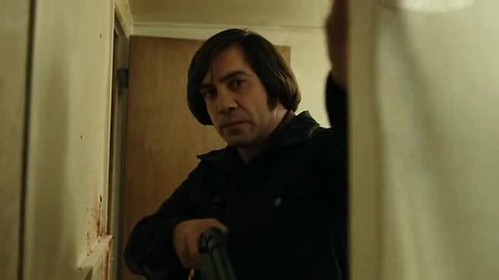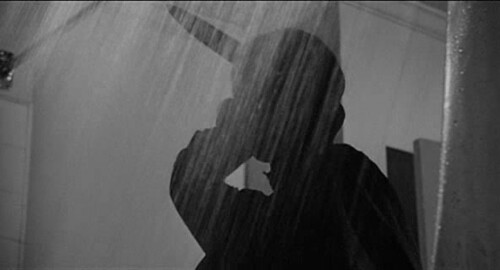Clarity, not expertise; an interest in singularity.
by Ryland Walker Knight


Section 133 of Philosophical Investigations:
It is not our aim to refuse or complete the system of rules for the use of our words in unheard-of ways.
For the clarity that we are aiming at is indeed complete clarity. But this simply means that the philosophical problems should completely disappear.
The real discovery is the one that makes me capable of stopping doing philosophy when I want to.--The one that gives philosophy peace, so that it is no longer tormented by questions which bring itself in question.--Instead, we now demonstrate a method, by examples; and the series of examples can be broken off.--Problems are solved (difficulties eliminated), not a single problem.
There is not a philosophical method, though there are indeed methods, like different therapies.
Towards the very end of Film as Film:
Criticism itself is a public activity, concerned only with what can be communicated. I may feel a picture to be coherent but unless I can explain the nature of its coherence my feeling carries no greater critical weight than my response to the colour of the hero's tie. Though we may enjoy swapping preferences and prejudices among friends, a critical judgement is of value only when it can itself be criticized and tested against others' experience and perceptions.
A theory of criticism is useful, similarly, when it helps us to achieve a clarity and consistency in our discussion by providing an agreed language in which to express our perceptions and define our differences. Theory exists in the wake of experience and must remain adjustable to new experience. We cannot usefully construct a theory to aid in the judgement of movies yet to be made, but any theory (and particularly the one I have presented) should be disregarded the moment it is seen to obstruct rather than promote understanding and discourse.
[The pictures, of course, are ironic. Although it may be argued, with relative ease, that those two bogies are after their own brand of clarity and personal interests in singularity. The problems they face are that their singular interests plain reject anything other than their singular interests. Those two aim to refuse and complete a singular system of rules that will have nothing to do with cooperation, with the public, with other people; it's insulation instead of expansion. The search for singularity should look to find the ways in which the singular can live with its counterparts. Try as you might, you cannot deny or ignore the bonds of the world.]




Some singular differences that make a difference.
ReplyDelete--Chigurh is closing the curtain; "Mrs Bates" is opening it.
--Chigurh leaves a mess; Norman hides it.
--Chigurh is a phantom, almost; "Mrs Bates" is a mask.
--Chigurh conserves energy in efficient strokes of evil; "Mrs Bates" is erratic, loose, off-kilter.
And, of course, this is just one pair of films. You could just as easily look at any other pair of films and see how they are similar and different and how that is significant, how that promotes understanding and discourse. It just so happens that I had easy access to these two films and I thought it might be a funny match.
this is why i hate academic types: they only deal in arbitrariness. you go up to the brink of an argument and then pull back. fuck relativism, dude. i read on here you like deadwood. well, declare or shut the fuck up.
ReplyDeleteDo you have a sense of humor, hot_shot?
ReplyDeleteyes, i do. but anybody can play at dialectics, dude. watch: you either make a point or you don't. i don't think you make a point. you're just showing me evidence. and what's your summation? it was easier to use these two off the cuff than account for the association outright? i repeat: declare of shut the fuck up.
ReplyDeleteDon't blame me for your lack of curiosity. I think all the evidence does provide its own argument. Don't they teach "show not tell" pretty early on? Jesus. Why am I even responding to this?
ReplyDeleteBTW: This is part of why I avoided the 'sphere for so long. I plan on deleting any other comments you leave, hot_shot, so please don't bother leaving any others.
Well, I'm back at it for no good reason: I think, if pressed, I would have liked to use pictures from a Costa film. Namely, VANDA.
ReplyDeleteWeird, but I was reading up on Wittgenstein yesterday and found your post today. Why the coincidence? The trigger for me was George Carlin's death. I always thought of Carlin as the 'laughing persons Wittgenstein.'
ReplyDeleteI see what you mean, VP. But why does philosophy equal unfunny? My favorite philosophers are funny. Sometimes it's totally dry and all that but in their own way those dudes are trying to crack wise.
ReplyDeleteStill, RIP 7 words master. That dude was REALLY funny.